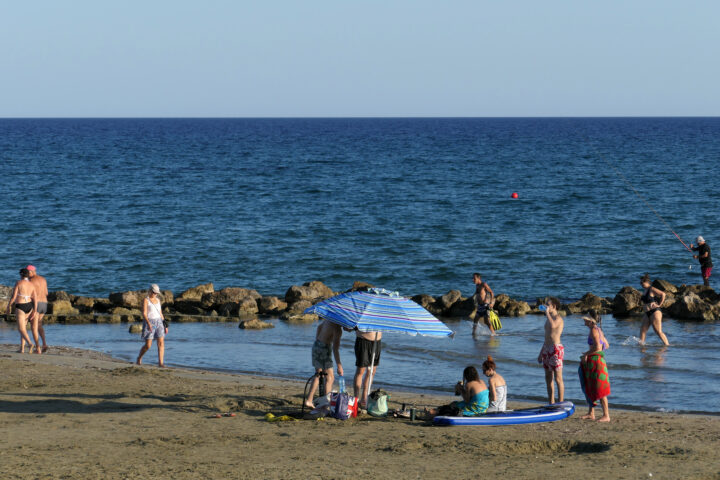A Cyprus Institute (CyI) project researching the impact of climate change on insect-borne diseases has received a €500,000 grant from the Wellcome Trust, the first of its kind in direct funding to a Cypriot institution.
The project, “VEClim”, is led by Dr Kamil Erguler of CyI’s Climate and Atmosphere Research Center (CARE-C) and focuses on the impact of climate change on the spread and abundance of mosquitoes and other insect vectors of human diseases.
It aims to develop a computational tool to assess the risk of transmission of such diseases, aiding targeted vector and disease management.
The project has a duration of five years and a budget of over half a million euros, fully funded by the Wellcome Trust.
Wellcome announced it is supporting research to advance solutions “to address urgent health threats”, funding 24 research teams in 12 countries to develop innovative digital tools to model the relationship between climate change and infectious disease.
The £22.7 mln funding will allow these projects to address critical gaps in understanding where and when deadly disease outbreaks are likely to occur, helping policymakers plan ahead and respond rapidly.
Tropics
The Cyprus Institute said climate warming changes the habitable zones of disease-carrying insects that originate in the tropics, such as the notorious tiger mosquito, to countries where cold winter conditions previously prevented their spreading.
This increases the risk of transmission of diseases such as Dengue, Chikungunya and West Nile fever.
CyI is among the first to develop computational models of complex life activities that can predict the habitat suitability and abundance of disease vectors sensitive to environmental factors and climate change.
The models and predictions produced by the researchers will be made available to the public, policymakers and other stakeholders.
The predictions will inform the public, contribute to global-to-local strategies of vector management, and help with efficient, cost-effective, ecologically sound and sustainable vector control measures to stop infectious disease spreading.
The announcement follows the recent appointment of former Health Minister Dr Stavros Malas as President of the Cyprus Institute, taking over from Prof. Costas N. Papanicolas on February 1.
Malas has held various research and academic positions, including Special Advisor to the European Commissioner for Health in 2008 and 2009, and was until recently head of the School of Veterinary Medicine at the University of Nicosia.
He was also a presidential candidate in the 2013 and 2018 elections.










